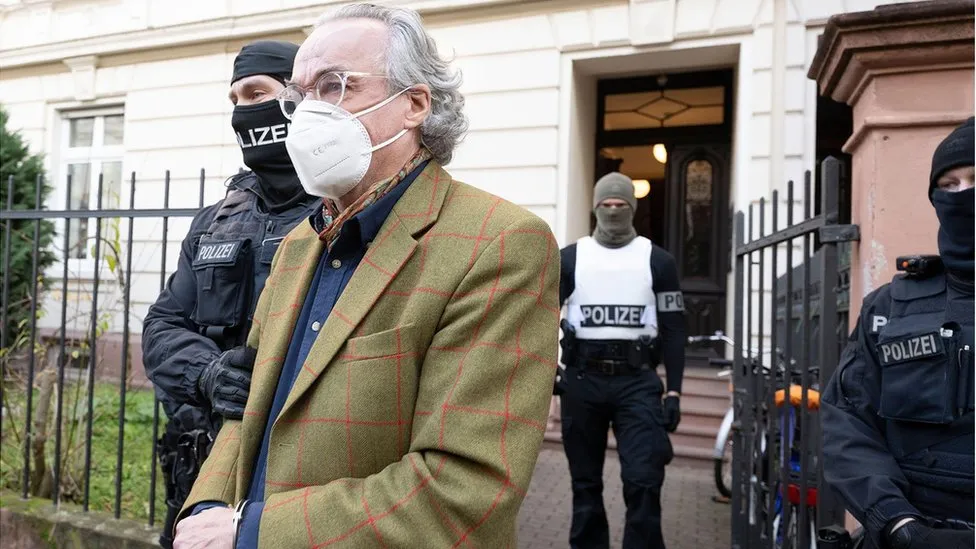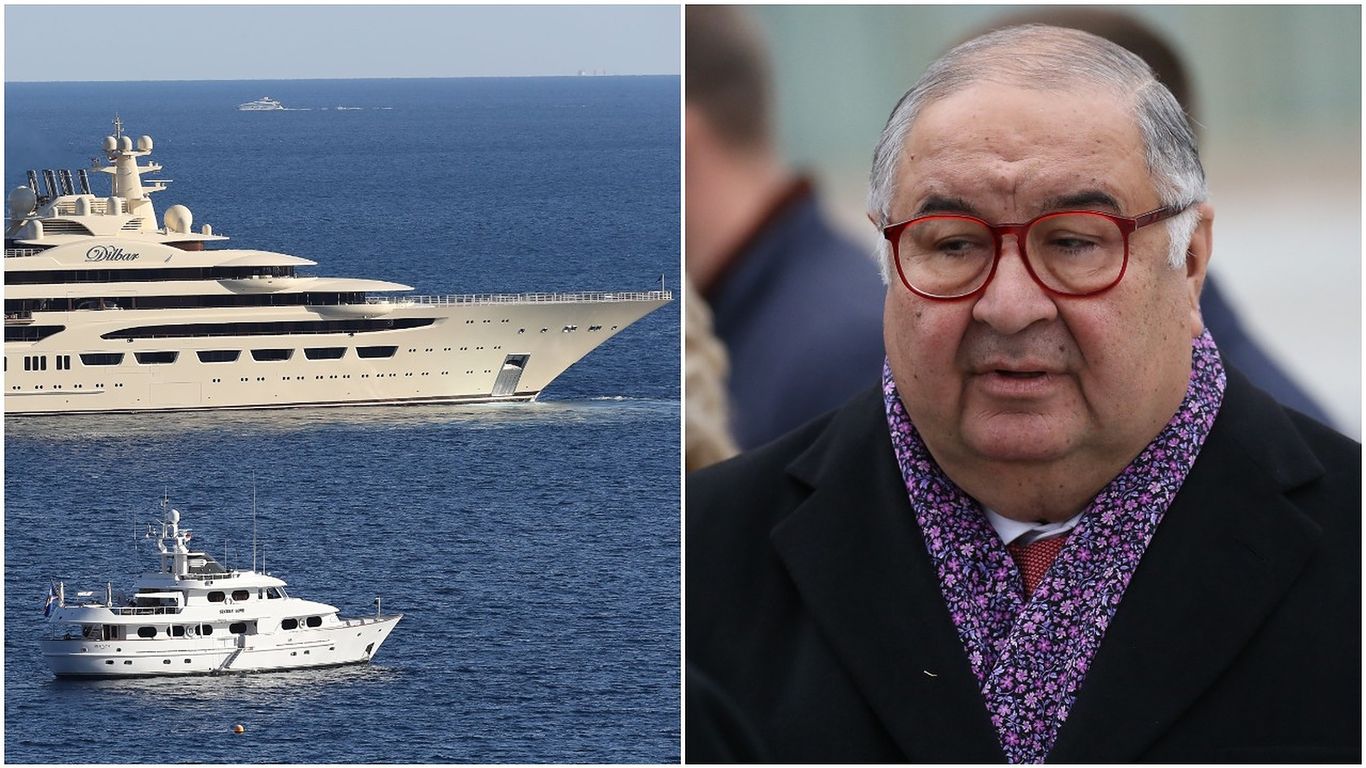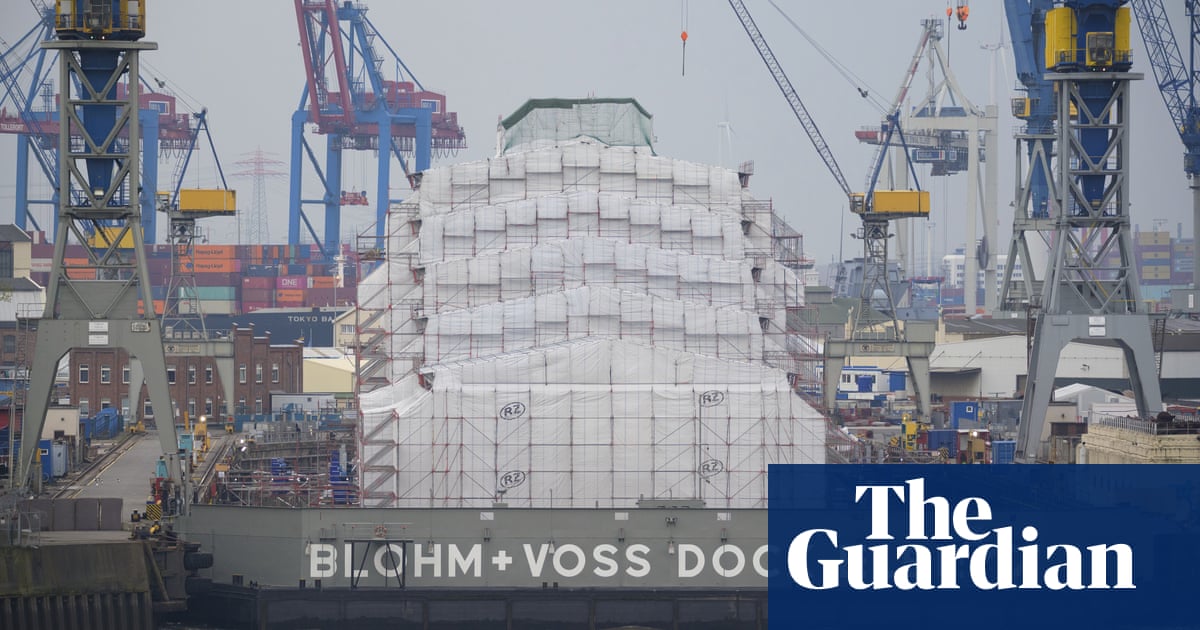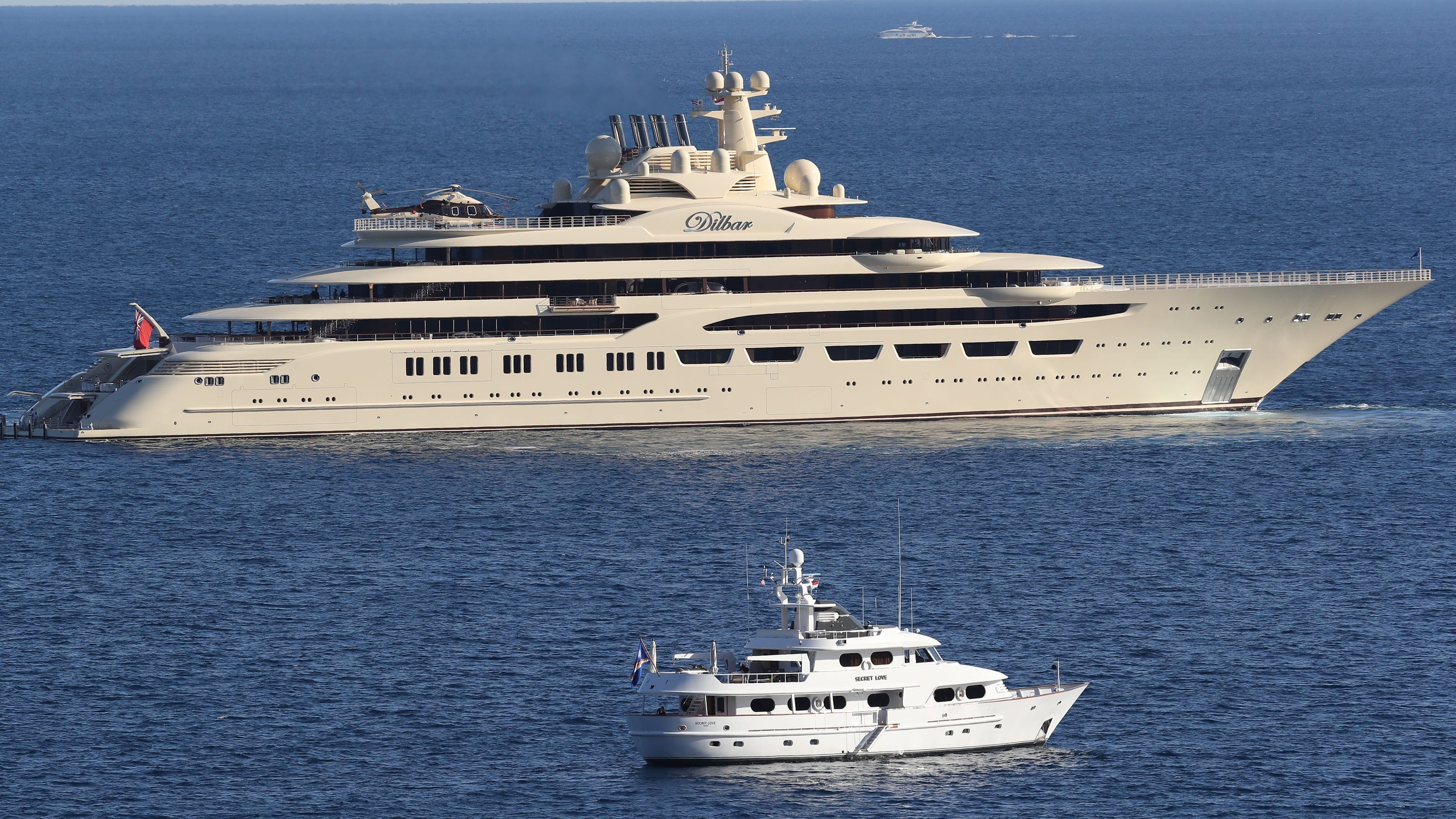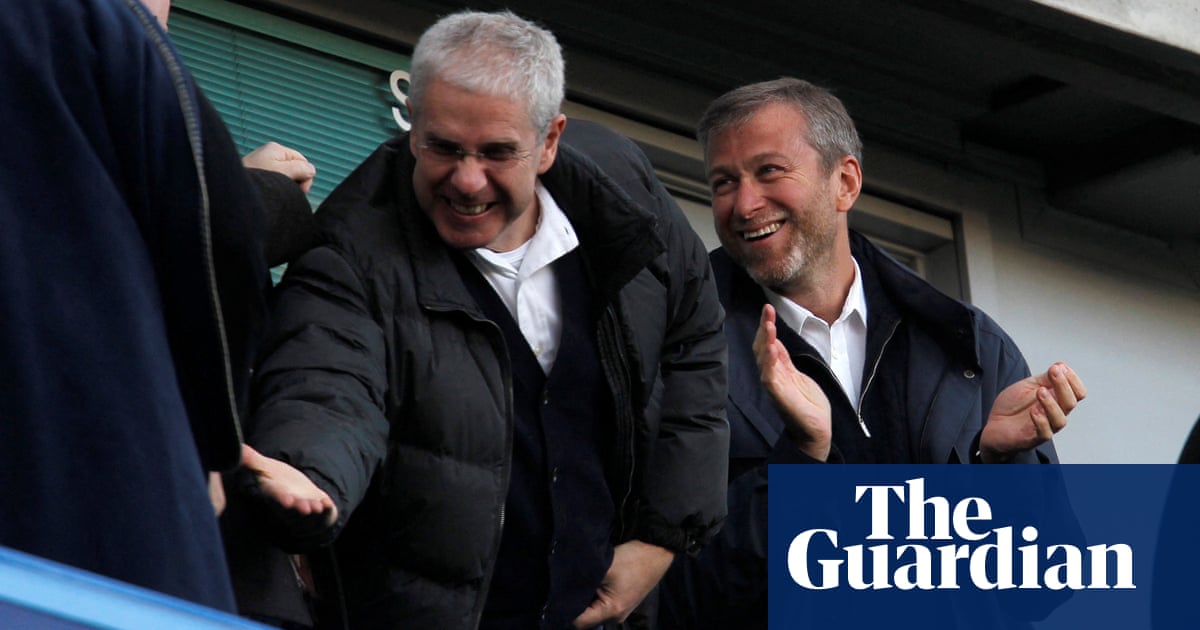The Facts
German authorities seized the world's largest superyacht, which is linked to Russian businessman Alisher Usmanov, on Wed.
Usmanov, known as "the hard man of Russia," is one of the richest men in the country with an estimated net worth of $18.4B. He was sanctioned by the EU in Feb. and by the US and the UK in Mar. over his close ties to Putin.
The Spin
Establishment-critical narrative
At best, the focus on seizing Russian billionaires' assets is a distraction from formulating a more realistic strategy to defeat Putin and restore Ukraine. At worst, it is hypocritical to impose sanctions on Russia for invading Ukraine, but not on the US for invading Iraq for equally unjustified reasons. Either way, seizing superyachts doesn't help Ukraine.
Pro-establishment narrative
Seizing Russian assets, including those belonging to sanctioned individuals, is crucial for escalating economic pressure on the Kremlin. If the Western countries can navigate the legal complications, the assets should be transferred to Ukraine to help fund its defense and rebuild the nation.
Libertarian narrative
These sanctions are unfair and there is a clear risk they will lead to widespread Russophobia. It's not just the sanctions on Russian oligarchs, there are also many informal sanctions on Russian people, culture and business. This is cancel culture stigmatizing an entire population for the crimes of one autocrat.
Narrative D
Enforcing strong sanctions against Russian oligarchs may present a legal challenge for countries, even after they seize assets. Technically, the seized superyachts, private jets, and mansions still belong to the oligarchs. A freeze simply means that the owner can't sell or transfer ownership. The latest round of sanctions poses unprecedented and unanswered legal questions which may lead to off-court battles that could last years.

